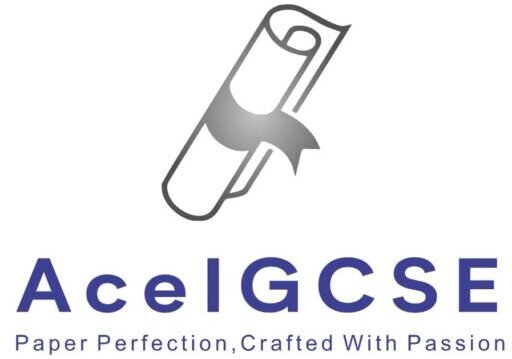Why IGCSE Past Papers are Essential for Exam Preparation
Utilizing IGCSE past papers is a pivotal strategy for effective exam preparation. Practicing with these past papers enables students to become acquainted with the exam format, which is crucial for reducing anxiety and increasing confidence on the day of the exam. By working through previous papers, students can develop a comprehensive understanding of the time constraints and hone their time management skills. This is particularly beneficial in ensuring that they can allocate sufficient time to each section and avoid the common pitfall of running out of time.
Another significant advantage of IGCSE past papers is the exposure to the types of questions that are frequently asked. This familiarity allows students to identify patterns in questioning and prepare accordingly. Moreover, understanding the marking schemes is invaluable. It provides insights into how answers are evaluated, enabling students to tailor their responses to meet the examiners’ expectations. This knowledge can be instrumental in maximizing scores, as it highlights how marks are distributed and the importance of concise, relevant answers.
One of the most effective ways past papers aid in exam preparation is through the identification of strengths and weaknesses. By tackling topic-wise past papers, students can pinpoint areas where they excel and areas that require more attention. This targeted approach to studying ensures that efforts are concentrated where they are most needed, promoting a more efficient and focused study routine. Additionally, it can foster a sense of progress and achievement, as students are able to track their improvement over time.
In summary, IGCSE past papers are an indispensable tool for exam preparation. They offer a structured method for familiarizing students with the exam, enhancing time management, and understanding question types and marking schemes. Furthermore, they facilitate a targeted study approach by identifying strengths and weaknesses, ultimately leading to a more effective and confident exam performance.
How to Effectively Use Topic-Wise IGCSE Question and Answer Solutions
Maximizing the benefits of topic-wise IGCSE question and answer solutions necessitates a structured approach. The first step in this process is categorizing past papers by topics and subtopics. This methodical organization enables targeted revision, allowing you to focus on specific areas where improvement is needed. Begin by collecting past papers and segregating questions based on topics such as mathematics, physics, or chemistry. Further break down these main topics into subtopics, for instance, algebra, mechanics, or organic chemistry. This granular classification helps in addressing particular weak points efficiently.
Analyzing and solving these questions requires a step-by-step approach. Start with simpler questions to build confidence and gradually move to more complex problems. Break down each question into manageable parts to understand the underlying concepts. For example, if a physics problem involves multiple principles, tackle one principle at a time. This not only simplifies the problem but also reinforces your understanding of each concept. Additionally, always take note of the methodology used in solving the problems; this will aid in recognizing patterns and strategies that can be applied to other questions.
An essential part of this practice is comparing your answers with the provided solutions. This comparison helps in identifying any errors and understanding the correct approach. Make it a habit to analyze why your answers differ from the solutions. This reflective practice can reveal common mistakes and misconceptions, thereby providing opportunities for learning and improvement. Detailed evaluation of mistakes ensures you do not repeat them in future exams.
Incorporating these resources into a well-structured study plan is crucial. Create a balanced schedule that allocates time for different topics based on their complexity and your proficiency level. Regular practice sessions are vital; they not only help in reinforcing knowledge but also in developing time management skills. Make sure to include breaks and revision sessions in your plan to avoid burnout and ensure the material is thoroughly absorbed.
